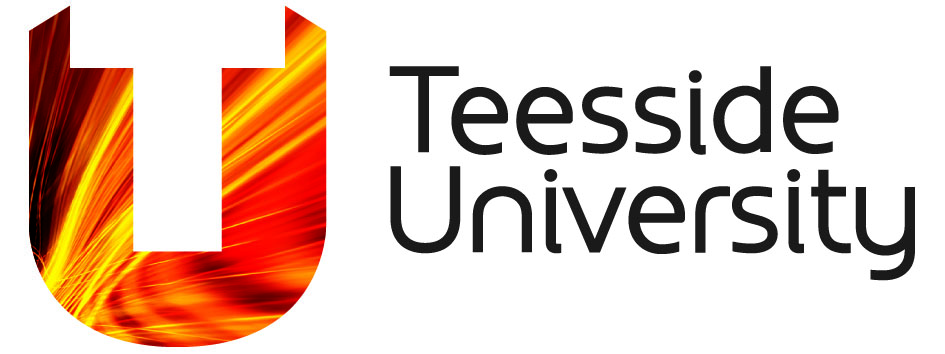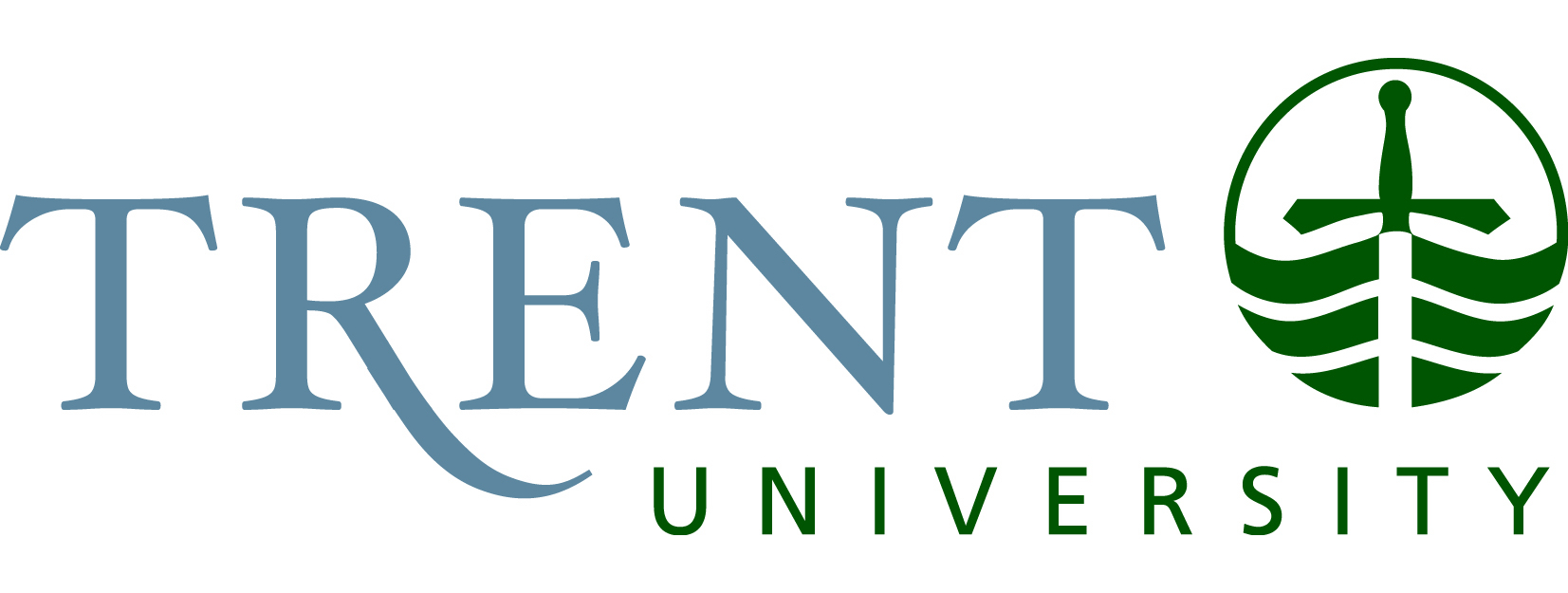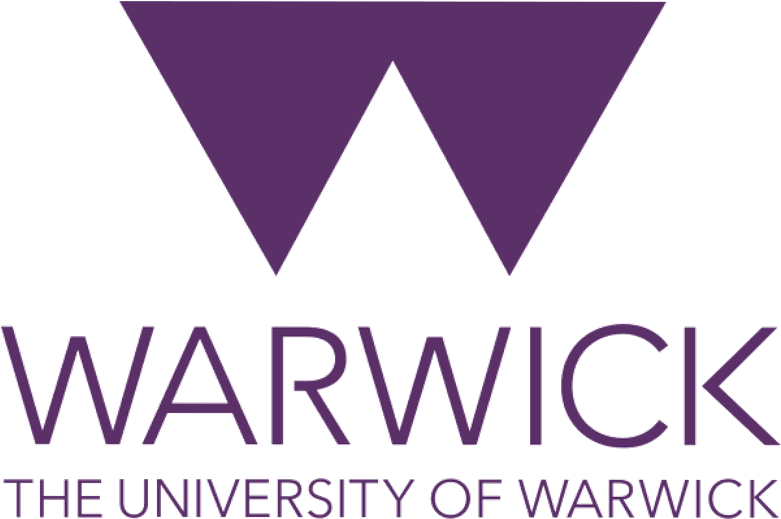Applied Artificial Intelligence: Unlock Your Future in Tech Innovation
Embark on a transformative journey with the Applied Artificial Intelligence course, designed to equip you with cutting-edge skills in one of the fastest-growing fields globally. For Indian students aspiring to study abroad, this program opens doors to world-class education, hands-on experience, and lucrative career opportunities in AI-driven industries. Whether you're from Mumbai, Delhi, or Bangalore, pursuing Applied AI abroad can bridge the gap between theoretical knowledge and real-world applications, giving you an edge in India's booming tech sector upon return.
Why Choose Applied Artificial Intelligence Abroad?
Artificial Intelligence is revolutionizing sectors like healthcare, finance, agriculture, and e-commerce—areas where India leads with companies such as Infosys, TCS, and Reliance. Studying Applied AI abroad exposes you to advanced research facilities, diverse collaborations, and global networks that aren't always accessible back home. Imagine developing AI models for sustainable farming solutions tailored to Indian challenges or contributing to smart city projects inspired by Singapore's tech ecosystem.
- Global Demand: AI jobs are projected to grow by 40% by 2027, with salaries starting at $100,000 USD annually in countries like the USA, UK, and Canada.
- Indian Perspective: Back home, AI specialists earn up to ₹15-25 lakhs per year, and an international degree boosts your employability at FAANG companies or startups like Flipkart.
- Practical Focus: Unlike traditional programs, Applied AI emphasizes real-time projects, internships, and industry partnerships.
Course Overview
The Applied Artificial Intelligence program typically spans 1-2 years at the master's level, blending theory with practical implementation. You'll learn to design, deploy, and ethicalize AI systems that solve complex problems. Core modules cover machine learning algorithms, neural networks, data analytics, and AI ethics, ensuring you're not just coding but innovating responsibly.
Key Learning Outcomes:
- Master programming languages like Python, R, and TensorFlow for AI development.
- Apply AI to domains such as computer vision, natural language processing, and predictive analytics.
- Understand ethical implications, including bias mitigation—crucial for inclusive tech in diverse India.
- Gain hands-on experience through capstone projects and collaborations with tech giants like Google or IBM.
This course is ideal if you have a background in computer science, engineering, or mathematics. No prior AI experience? Many programs offer foundational modules to get you started.
Detailed Curriculum
The curriculum is structured progressively, from basics to advanced applications. Here's a semester-wise breakdown (varies by university):
| Semester | Core Modules | Electives & Projects |
|---|---|---|
| 1: Foundations |
|
Basic ML Project: Predictive Modeling with Datasets |
| 2: Core Techniques |
|
Electives: Robotics or Big Data Analytics; Group Project on Image Recognition |
| 3: Applications |
|
Internship: Real-World AI Deployment; Elective in AI for Sustainability |
| 4: Advanced & Capstone |
|
Capstone Project: Develop an AI Solution (e.g., Chatbot for Indian Languages); Thesis on Emerging Trends |
This structure ensures a balanced mix of lectures, labs, and industry exposure. Many programs include guest lectures from AI pioneers and hackathons to sharpen your skills.
Eligibility and Admission Requirements for Indian Students
Getting into top Applied AI programs is competitive but achievable with preparation. Most universities require:
- Academic Qualifications: Bachelor's degree in a relevant field (e.g., B.Tech in CS/IT, BCA) with a minimum GPA of 3.0/4.0 or 60-70% aggregate.
- Standardized Tests: GRE (optional for many now), IELTS/TOEFL (6.5+ overall for IELTS), or PTE.
- Work Experience: Preferred but not mandatory; internships in tech add value.
- Documents: Statement of Purpose (SOP) highlighting your interest in AI and how it ties to India's digital growth; Letters of Recommendation (2-3); Resume/CV.
Tip for Indians: Highlight projects involving AI for social good, like apps for rural education or traffic management in urban India, to stand out.
Top Destinations and Universities
Choose destinations based on your career goals and budget. Popular spots for Indian students include:
- USA: MIT, Stanford, Carnegie Mellon—known for research-heavy programs. Cost: $40,000-60,000/year; Scholarships like Fulbright available.
- UK: Imperial College London, University of Edinburgh—1-year MSc options. Cost: £20,000-30,000; Post-study work visa up to 2 years.
- Canada: University of Toronto, UBC—affordable with strong AI hubs. Cost: CAD 25,000-40,000; PR pathways post-graduation.
- Australia: University of Melbourne, UNSW—focus on practical AI. Cost: AUD 30,000-45,000; Work rights during studies.
- Germany: TU Munich (tuition-free for internationals)—ideal for budget-conscious students. Cost: €300/semester fees.
Many offer scholarships specifically for Indian students, such as the Inlaks Shivdasani Foundation or university-specific aids covering 20-50% of tuition.
Career Prospects and Opportunities
Graduates of Applied AI are in high demand worldwide. Your international degree positions you for roles like AI Engineer, Data Scientist, Machine Learning Specialist, or AI Consultant. In India, returnees often join Accenture, Wipro, or startups in Bengaluru's Silicon Valley.
Salary Insights (Entry-Level):
| Country/Region | Average Starting Salary | Top Employers |
|---|---|---|
| USA | $110,000 USD | Google, Amazon, Microsoft |
| India (Post-Return) | ₹12-20 lakhs | TCS, Infosys, ZS Associates |
| UK/Canada | £40,000 / CAD 80,000 | DeepMind, Shopify |
| Australia/Germany | AUD 90,000 / €55,000 | Atlassian, Siemens |
Beyond jobs, you could pursue PhDs, entrepreneurship (e.g., AI startups for Indian markets), or roles in government initiatives like Digital India.
Application Process and Visa Guidance
Start early—deadlines are 6-12 months before intake (Fall: Sep/Oct; Spring: Jan/Feb).
- Research & Shortlist: Use platforms like QS Rankings or our website to find programs.
- Prepare Documents: Tailor your SOP to show passion for AI's role in India's future.
- Apply Online: Via university portals; fees ₹5,000-10,000.
- Visa Application: For F-1 (USA), Tier 4 (UK), etc. Indian students need proof of funds (₹10-15 lakhs), acceptance letter, and interview prep. Success rate: 80-90% with strong profiles.
- Funding: Education loans from SBI/ICICI (up to ₹50 lakhs at low interest); part-time work allowed (20 hours/week).
Pro Tip: Join Indian student associations abroad for support—many universities have dedicated groups for cultural festivals like Diwali.
Student Testimonials
"Studying Applied AI at the University of Toronto changed my life. The hands-on projects helped me build an AI tool for crop prediction, directly applicable to Indian agriculture. Now, back in Hyderabad, I'm leading AI initiatives at a top firm!" – Priya Sharma, Batch of 2022
"From a small town in Kerala to Imperial College, the program gave me global exposure. The ethical AI focus prepared me for responsible innovation in India's diverse society." – Arjun Patel, Batch of 2023
FAQs for Indian Students
- Is work experience required?
- No, but it strengthens your application. Fresh graduates with strong academics succeed too.
- What about cultural adjustment?
- Universities offer orientation programs; Indian communities abroad make it easier.
- Can I return to India after studies?
- Absolutely—many do, with enhanced skills for roles in Make in India or Atmanirbhar Bharat.
- Scholarships available?
- Yes, check DAAD (Germany), Chevening (UK), or university merit awards.
Ready to pioneer the AI revolution? Explore our study abroad services for personalized guidance. Your future in Applied Artificial Intelligence starts here!









